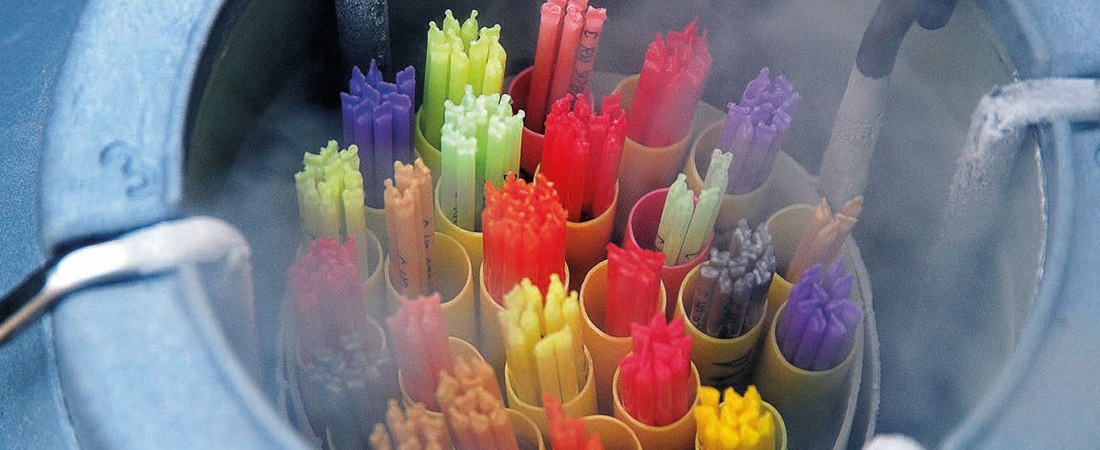
Argentina negotiates export of frozen bovine semen to US and Pakistan
Nov, 28, 2018 Posted by datamarnewsWeek 201848
According to Argentina’s Ministry of Agriculture, the country will soon export frozen bovine and bubaline semen to Pakistan for the first time. This move comes after Argentina’s National Health and Agri-Food Quality Service (Senasa) managed to obtain a sanitary certificate from Pakistani authorities. Pakistan is the latest entry to the export markets of bovine semen in addition to Brazil, Uruguay, Paraguay, Colombia, Ecuador and Peru.
Argentina is very close to sealing a fresh beef export deal with the US for the first time in nearly two decades. According to the Argentine government, the agreement is expected to be signed within days, opening avenues for beef to be traded both ways between the two countries. The agreement is that there will be an export cap of 20,000 tons for Argentina but no limits on US beef exports. Argentina stopped exporting beef to the US seventeen years ago amidst concerns over foot-and-mouth disease. The South American country produced 2.8m tons of beef and veal in 2017.
Argentina set to export bovine genetics to Pakistan
Source: https://www.globalmeatnews.com/Article/2018/11/26/Argentina-agrees-deal-with-Pakistan
US and Argentina ready to sign a two-way fresh beef deal
-
Meat
Nov, 29, 2018
0
Sale of Keystone to Tyson Foods receives South Korean approval
-
Nov, 28, 2018
0
Brazil submits a sanitary plan to the EU for meat and fish exports
-
Meat
Aug, 14, 2019
0
Meat slaughter grows in Q2
-
Ports and Terminals
May, 27, 2019
0
Port of Santos records growth in coffee and meat exports


